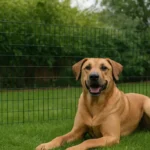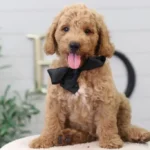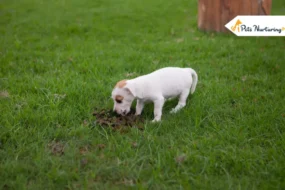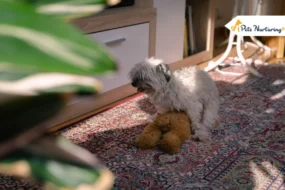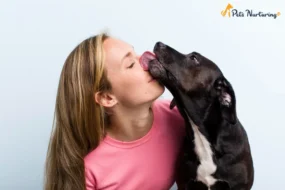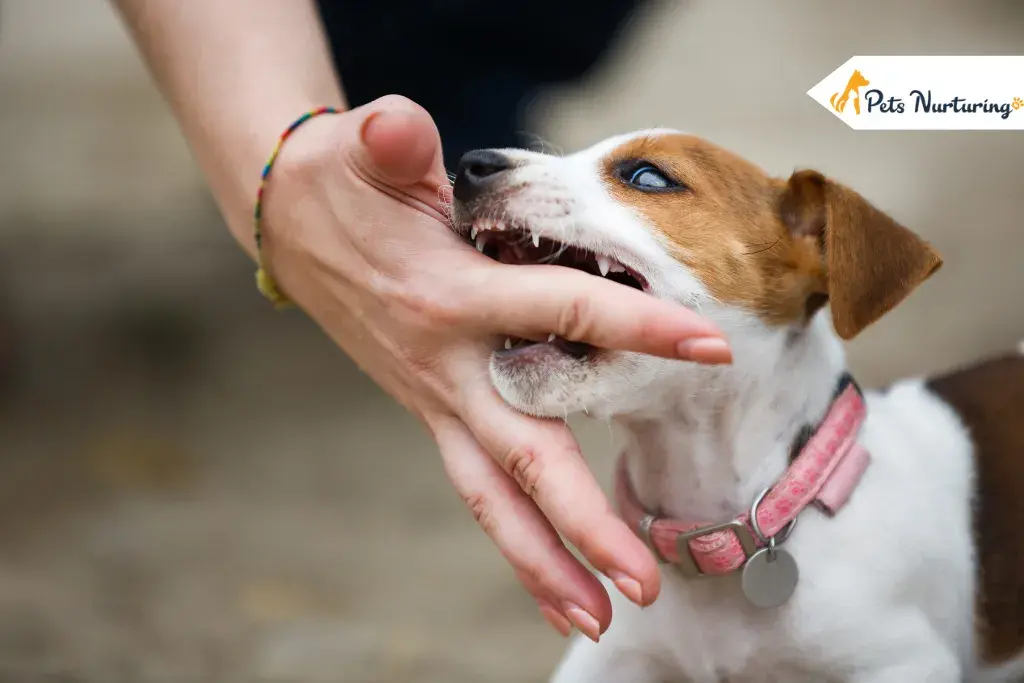
Having a puppy is blissful, but when that playful and cuddly starts turning into a little monster with biting the objects and human beings is a miserable experience. When your puppy is two to three weeks old the chewing and biting are still acceptable, but it isn’t when it gets two to three months old. Let’s see how to stop puppy from biting?
I have seen and experienced the situation where a puppy bites your hand or ankle while playing. It can also bite other puppies as well (even, it’s mates). The problem is it didn’t mean to do that intentionally, it happens due to its biting instincts (inherited from its ancestors) or teething.
When this is the case you need to make it stop biting. Their thorn-like sharp teeth can hurt anyone. So here I am with the answer on how to stop a puppy from biting and also train them how to sit. Always remember you should never torture the small being physically.
You might have tried not talking to the pup or scolding for the bad behavior. However, it is not enough to make them obey, you need to understand their behavior and what they love and what they hate. Only after that, you will be able to control its puppy biting.
Without further ado let’s get to the tips for the same.
How to Stop a Puppy From Biting?
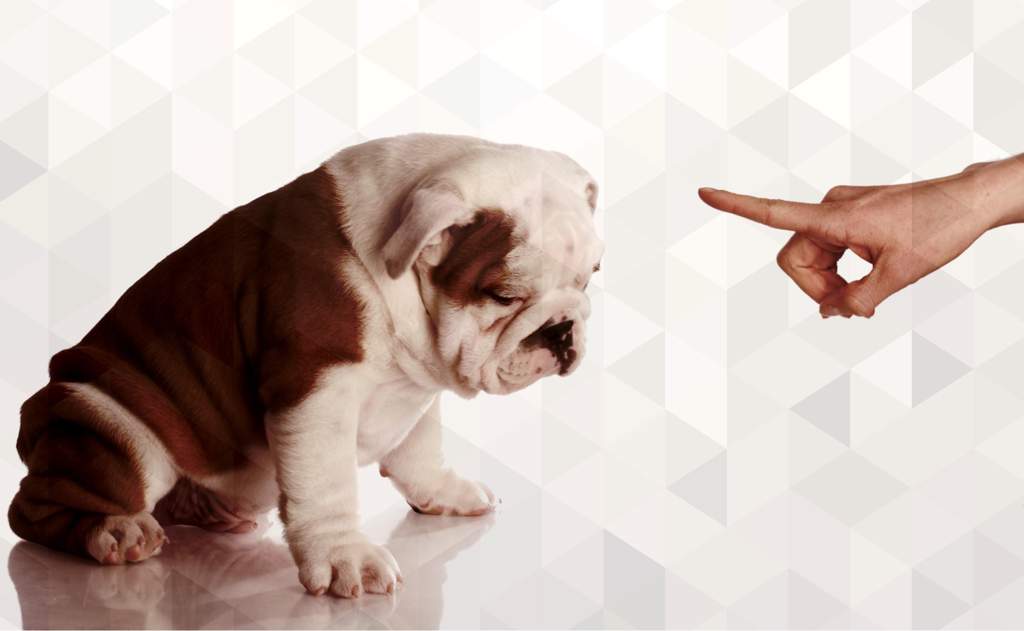
1. Bite Inhibition
Teach the pup about bite inhibition. Bite inhibition is a process where it has control over the biting tendency. It is necessary for every dog to have that. Some dogs develop inhibition as they grow, but for some puppies, you will have to teach them.
As said, they can bite their mates as well as mothers. If they bite down hard, and you hear the yelps of puppies, command it to leave. You can make a pup obey the commands like, ‘Hey leave, that hurts!’
2. Create a Distraction
A dog’s teeth should never meet the human flesh, instead, give them toys to chew. When your pup starts teething it craves biting, nipping, or chewing. Don’t give them your hand, toe, or foot to chew, provide them with chewable toys.
If you are worried about the toxicity of the product, get the toxic-free chew toys. This will keep them busy and lower bite downs.
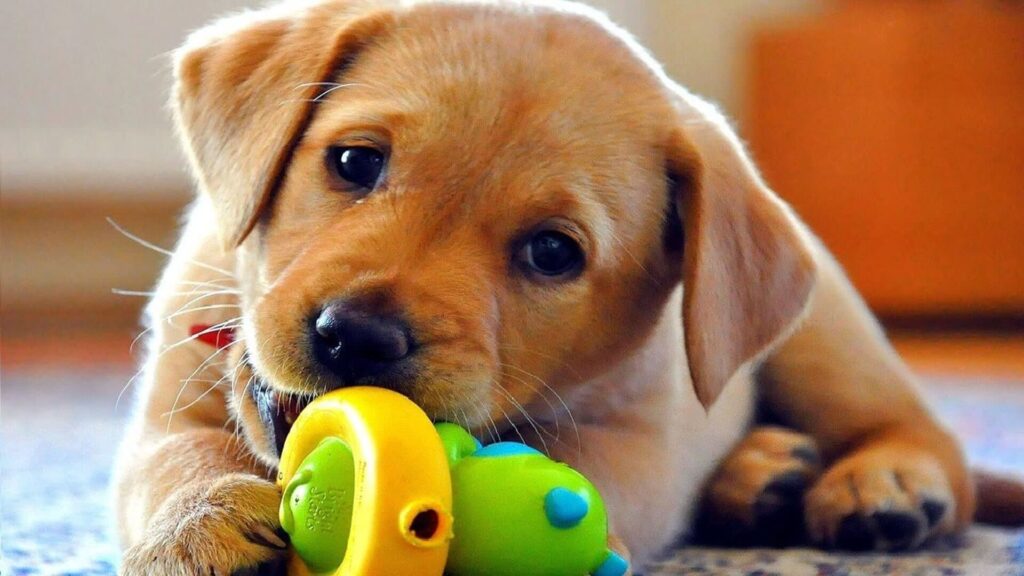
3. React Immediately When it Bites
I have seen many owners not responding or reacting when their dog bites, instead they will let it bite. Don’t Ever Do. That! This will encourage it to bite more. React instantly with high pitched ‘Ow!’ or “Ouch!’
Make them realize it hurts you, they will understand. Whenever it bites don’t go scolding or punishing it harshly. It may create an adverse effect. Handling puppies is no less than taking care of a human baby! The difference is puppies express things through their actions.
4. Prevent its Pouncing
You might have noticed the pouncing behavior of the puppy while having a walk. Try to reduce the jumping nature of the pup while walking, teach it to walk properly. It can be done in the same way you taught it walking on a leash.
5. Give Appreciation
Just like their humans, they also like being praised and appreciated. Whenever that cuddle pop behaves nice and extra sweet, pat head, give verbal praise, or provide treats (the best option). As soon as it starts obeying the commands given for the bite inhibition, reward it with treats.
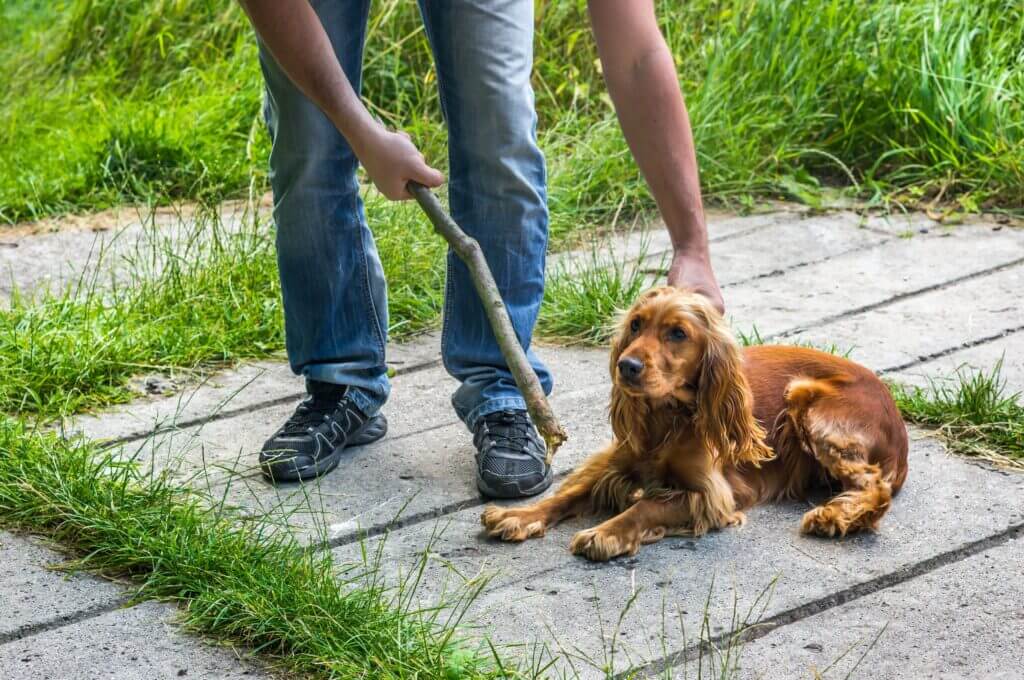
6. Don’t Hit your Pup
Hitting an animal physically violates the animal protection act. There are very few humans who understand the pain of a dog or its situation, rest reacts without any concern. Sometimes it is in the form of physical abuse. Be it your own pet or street dog, never hit them. Make them learn the difference between right and wrong things.
7. Prepare a Punishment (but not harsh)
Punishment is necessary for certain things! However, remember it shouldn’t realize that it is a punishment. How? Whenever it bites, pick it up and put it in a crate. After that, allow your pup to calm down. Then, set it free, repeat this thing until the biting stops.
8. Allow it to Work up its Energy
The puppy biting can be a result of too much energy to work up. When nothing works take it to the yard or garden and let it run till tired. Have some indoor activities with dogs. This might help you!
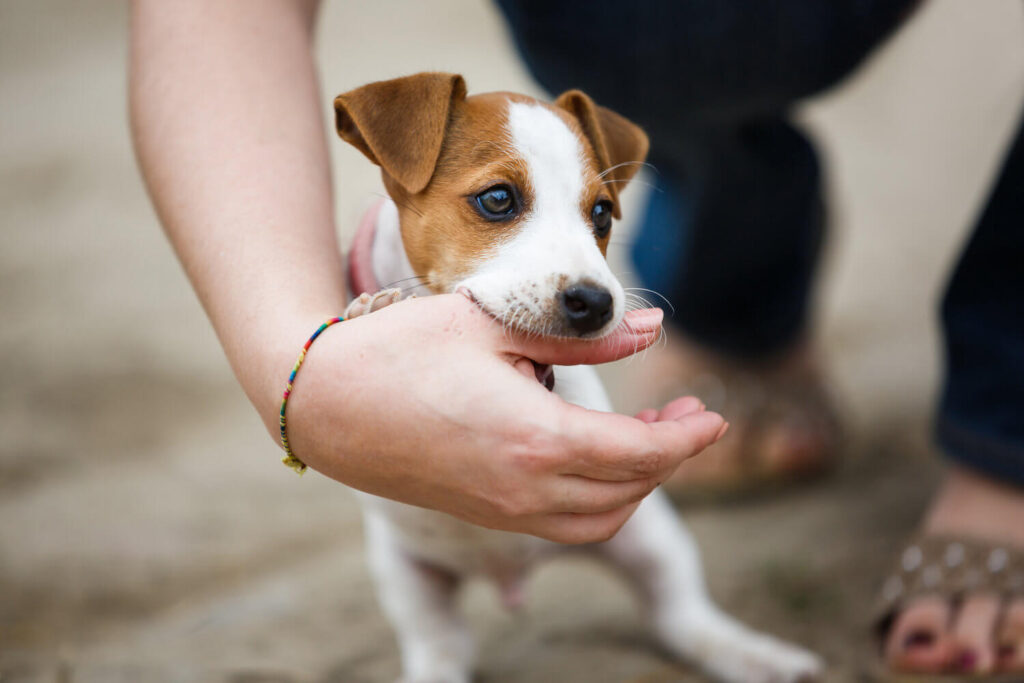
9. A Strict No to Rough-Housing
I have seen many owners enjoying rough-housing with the pets, but that’s not acceptable. Rough-housing means to play energetically and physically with puppies. The reason I am saying no to rough-housing is that when the puppy grows up and teething starts the rough-housing is no more fun.
However, you can consider it a game over thing but your puppy won’t. It gets difficult for a pup to leave that energetic behavior. So from the very start, make sure there isn’t much rough-housing.
10. Enroll it for a Puppy Class
Another best option is to enroll that little biter in a puppy class. At first, it might not feel good or resist going to a puppy class but it will learn. In the class, puppies are taught to socialize with other dogs.
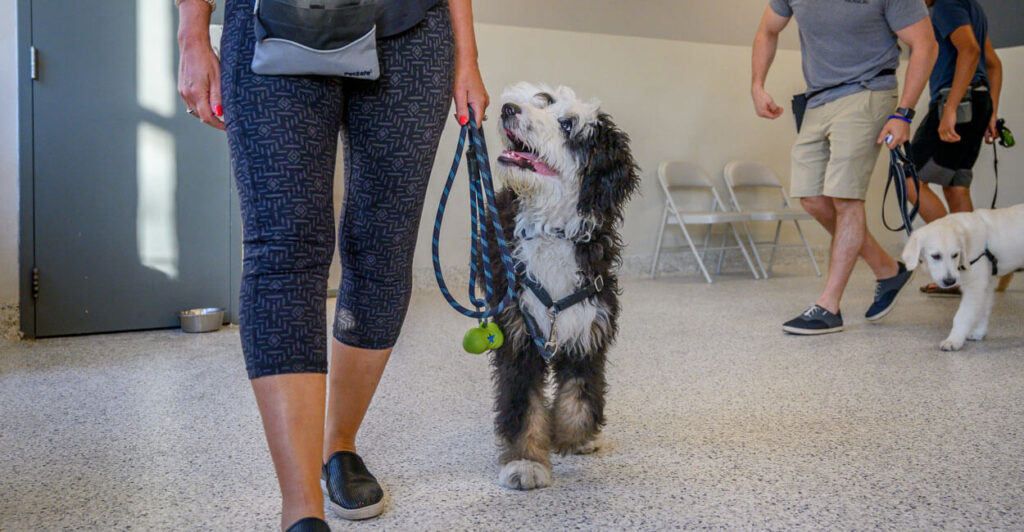
Control Puppy Biting :
Training a puppy about no biting or less biting is going to be tough, all you need is patience. Play biting isn’t that bad but if that is more often or even after the age of six months you will need to consult the dog trainer. Proper care and training will control the puppy biting.
In case you missed it!





